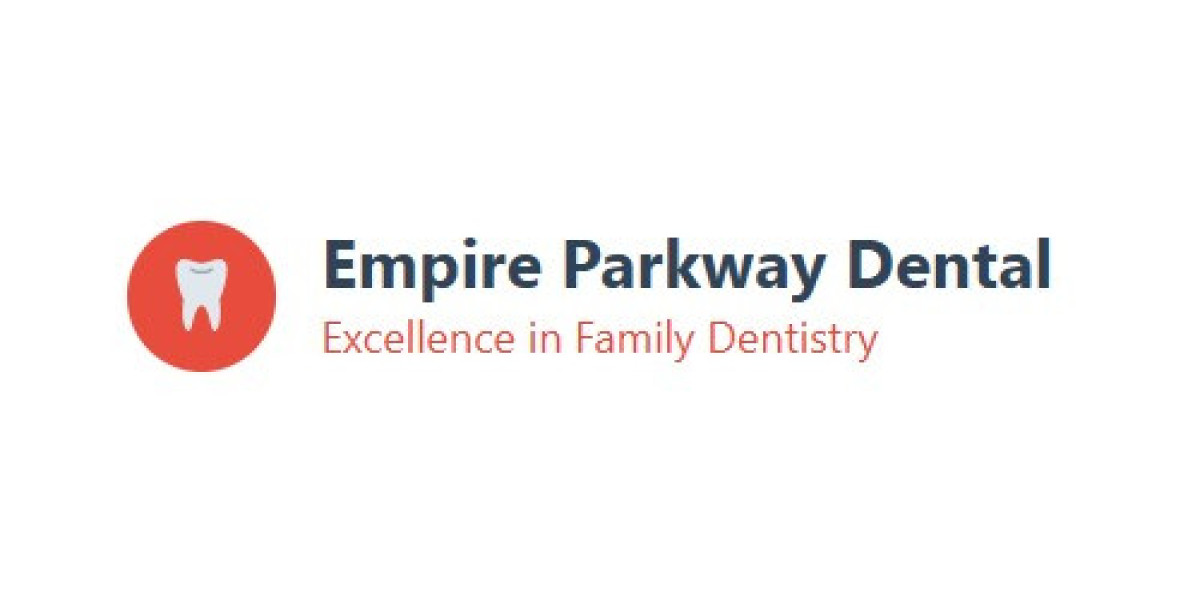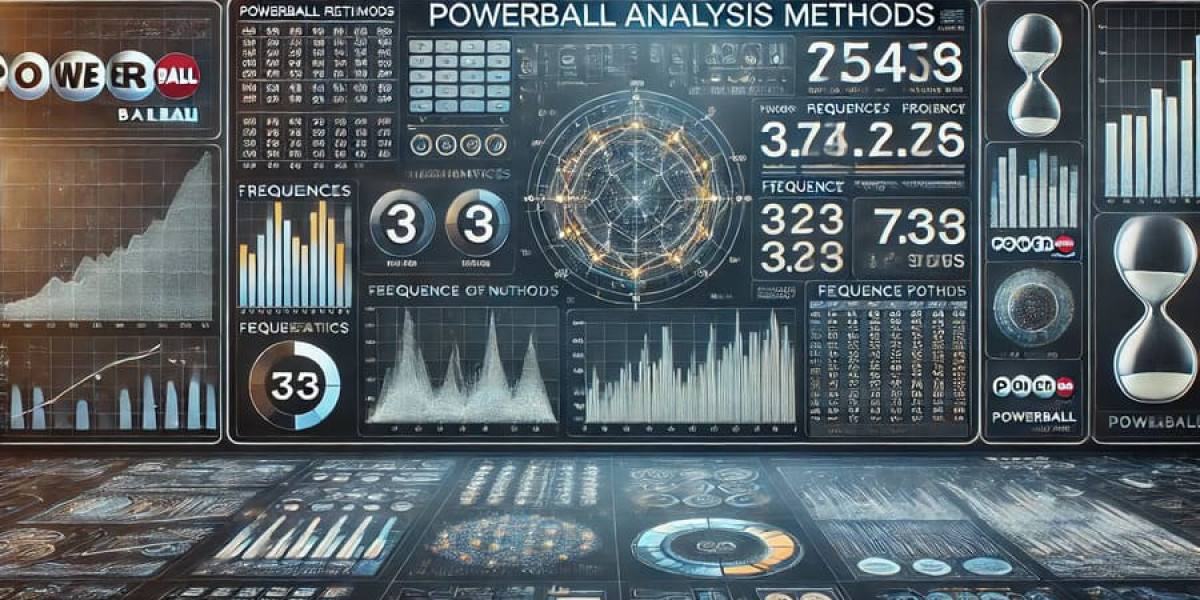In today’s fast-paced world, mental clarity can sometimes feel like an elusive dream, especially for people with ADHD. Attention Deficit Hyperactivity Disorder (ADHD) affects millions globally, manifesting in symptoms that challenge focus, organization, and emotional regulation. However, taming this internal chaos is possible. This article explores practical ways to manage ADHD, gain control over symptoms, and embark on a transformative journey toward mental clarity.
Understanding ADHD and Its Impact
ADHD is a neurodevelopmental disorder characterized primarily by symptoms of inattention, hyperactivity, and impulsivity. These symptoms ADHD can vary in severity and present differently in each person. For some, it means difficulty sustaining attention during tasks, while for others, it can be constant restlessness or interrupting conversations impulsively. These challenges often interfere with daily functioning, academic performance, work efficiency, and social relationships.People with ADHD often describe their minds as a whirlwind of thoughts and distractions, making it hard to find peace or focus. This internal chaos can lead to frustration, low self-esteem, and sometimes anxiety or depression. But acknowledging these challenges is the first step toward taming the chaos.
The Importance of ADHD Control
Managing ADHD doesn’t mean completely eliminating symptoms but learning to control and channel them effectively. ADHD control empowers individuals to live fulfilling lives despite their diagnosis. It involves a combination of strategies including lifestyle changes, behavioral therapies, medication (if prescribed), and support systems.Control over ADHD symptoms is vital because it helps reduce the overwhelming feeling of chaos and promotes mental clarity. When people with ADHD learn how to harness their energy and focus their attention, they often discover strengths they didn’t know they had, such as creativity, problem-solving skills, and resilience.
Practical Strategies to Manage ADHD
1. Establish Routine and Structure
One of the best ways to manage ADHD is by creating a consistent daily routine. People with ADHD thrive in structured environments where tasks and responsibilities are predictable. Setting regular times for waking up, meals, work, and relaxation helps reduce uncertainty and distractions.
Breaking down larger tasks into smaller, manageable steps can also make overwhelming projects less daunting. Using planners, calendars, or digital apps designed for ADHD can remind you of important deadlines and keep you organized.
2. Minimize Distractions
Distractions are a significant barrier for those managing ADHD. Creating an environment conducive to focus is essential. This might mean decluttering your workspace, using noise-canceling headphones, or working during times of day when your focus is naturally stronger.Additionally, limiting the use of technology—especially social media and smartphones—during focused work periods can prevent unnecessary interruptions.
3. Practice Mindfulness and Meditation
Mindfulness has shown promising results in helping people with ADHD control their attention and emotional responses. Meditation exercises encourage awareness of the present moment, reducing the mental noise caused by racing thoughts or anxiety.Even a few minutes daily can improve concentration and promote mental clarity. Over time, mindfulness can help individuals become more aware of their symptoms and develop greater control over impulsive behaviors.
4. Exercise Regularly
Physical activity is a powerful tool for managing ADHD symptoms. Exercise increases dopamine and norepinephrine in the brain—neurotransmitters associated with attention and mood regulation. Regular aerobic exercise such as running, swimming, or cycling can improve focus, reduce hyperactivity, and alleviate stress.Moreover, exercise promotes better sleep, which is crucial for mental clarity and overall brain function.
5. Seek Professional Support
While self-help strategies are valuable, professional guidance can significantly improve ADHD control. Behavioral therapy, coaching, and counseling can teach practical skills tailored to your specific needs.For some people with ADHD, medication prescribed by a healthcare professional plays an essential role in managing symptoms. Medications can help balance brain chemistry and improve attention and impulse control, but they work best when combined with behavioral strategies.
Navigating Social Relationships and ADHD
People with ADHD often face challenges in social settings due to impulsivity or inattentiveness. Understanding how ADHD impacts relationships is key to fostering meaningful connections. Communication is vital—both in expressing your needs and in explaining your symptoms to friends, family, or colleagues.Support groups or ADHD communities can provide encouragement and reduce feelings of isolation. Connecting with others who share similar experiences offers valuable insights and practical advice for managing daily challenges.
The Role of Nutrition and Sleep
Nutrition and sleep are frequently overlooked but play a crucial role in managing ADHD symptoms. A balanced diet rich in protein, complex carbohydrates, and omega-3 fatty acids can support brain health and improve concentration.Sleep, in particular, is essential for mental clarity. Many people with ADHD experience disrupted sleep patterns, which exacerbate symptoms like inattention and irritability. Establishing good sleep hygiene—such as maintaining a regular bedtime and minimizing screen time before bed—can help restore natural sleep cycles.
Embracing Strengths and Shifting Perspective
Taming the chaos of ADHD isn’t just about control—it’s about embracing the unique strengths that come with this condition. Many individuals with ADHD are highly creative, energetic, and capable of hyperfocus on tasks they are passionate about. By shifting the narrative from deficit to strength, people with ADHD can build self-confidence and a more positive self-image.Mental clarity emerges not from eliminating ADHD but from understanding and working with it. This journey is personal and ongoing but can lead to a richer, more fulfilling life.
Conclusion: The Ongoing Journey to Mental Clarity
Living with ADHD presents unique challenges, but it also offers opportunities for growth and self-discovery. By learning to manage ADHD symptoms, people can reduce the internal chaos and move toward greater mental clarity.ADHD control requires patience, persistence, and a combination of strategies tailored to individual needs. From establishing routines and minimizing distractions to embracing mindfulness and seeking professional support, each step is part of a transformative journey.If you or someone you know struggles with ADHD, remember that clarity is possible. With the right tools, support, and mindset, taming the chaos is not only achievable—it can be empowering.

![Fahd Kingshot Guide – Unlock & Stats [June 2025]](https://bizad.io/upload/photos/2025/07/IUON4KQvP674mw3eTJJ5_02_26171466a3724a900a2bff7c7c9031f3_image.png)

